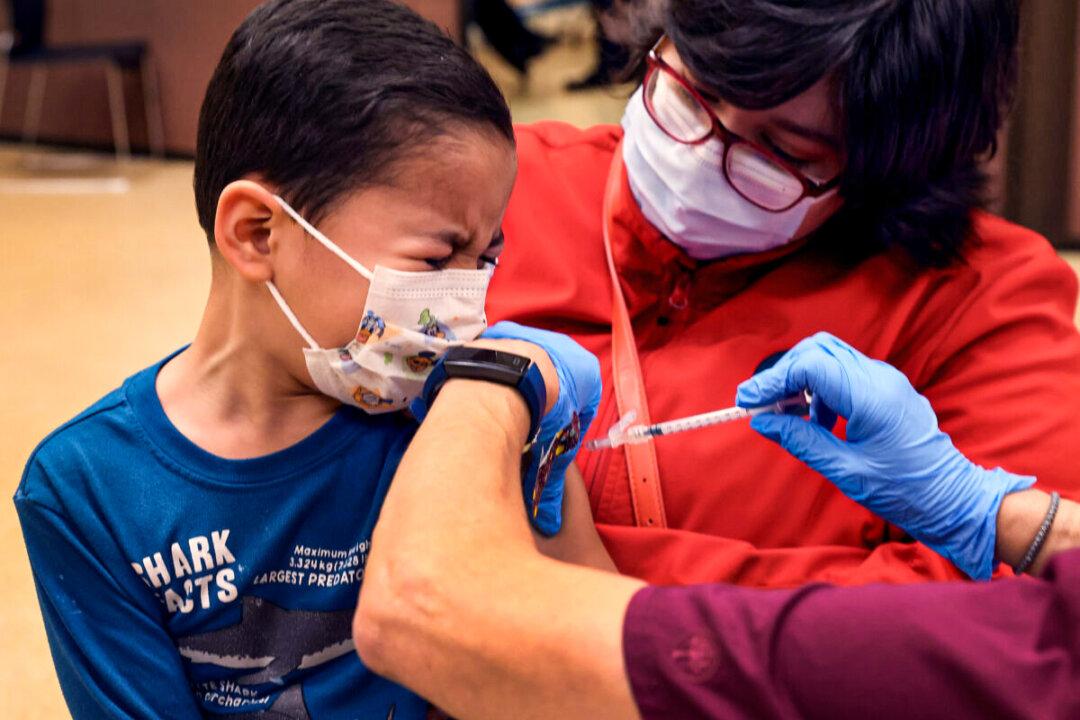The U.S. Food and Drug Administration (FDA) has announced tentative June dates for the meeting of its advisory committee to discuss authorizing COVID-19 vaccines for young children below the age of 5.
FDA has set aside June 8, 21, and 22 for virtual meetings of its Vaccines and Related Biological Products Advisory Committee. The agency will discuss updates on Moderna’s and Pfizer’s requests for Emergency Use Authorization (EUA) for their COVID-19 vaccines targeting “younger populations,” the FDA said in an April 29 statement.





